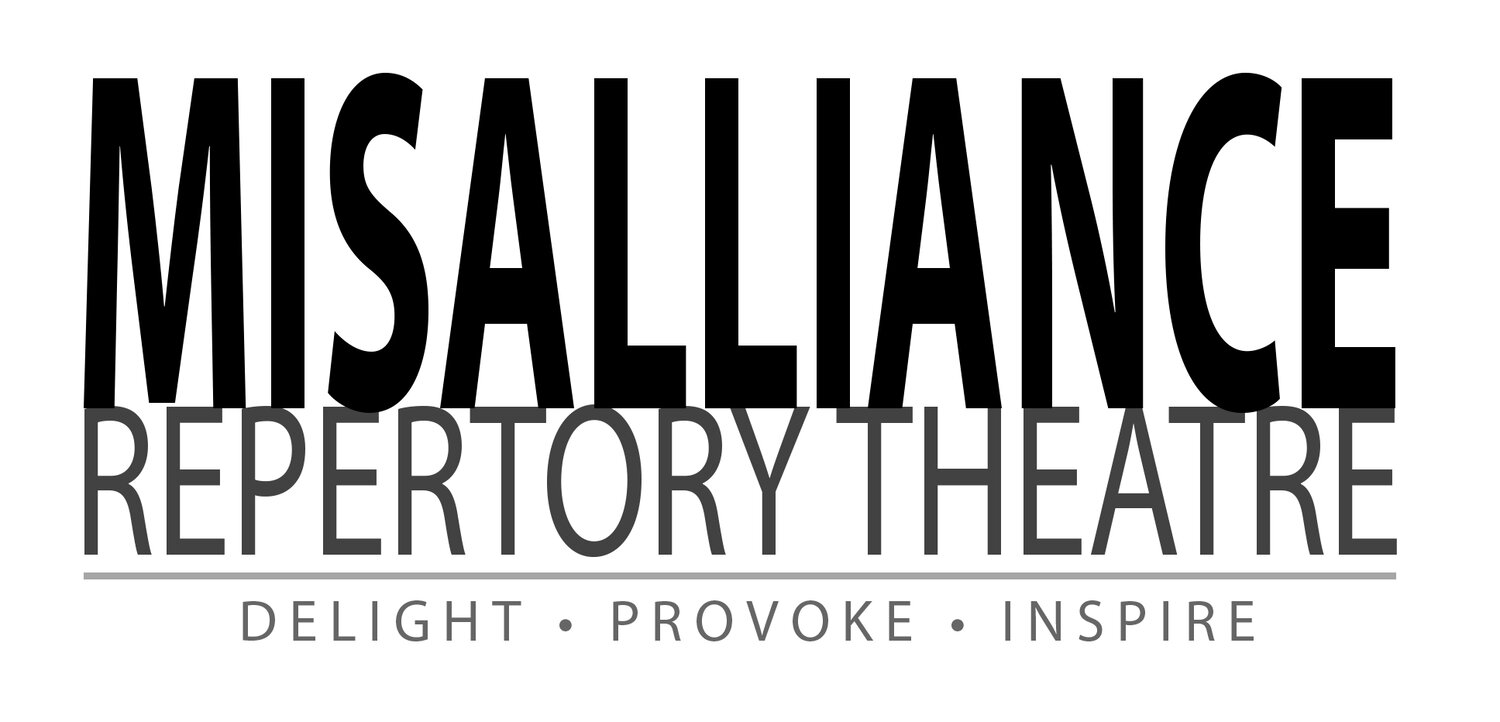Why Shaw Now
How can plays written during the last century by a white, European, upper-middle-class man be relevant to a restless, roiling, multicultural society such as our own? It’s a fair question during the time of movements like #BlackLivesMatter and #MeToo. We believe that George Bernard Shaw speaks directly to our historical moment.
Our country has a long history of political turbulence and polarization. But what is distressing today is the rigidity of that polarization. Dialogue and efforts to reach commonality seem to be almost impossible. Yet the overwhelming problems we face — inequity, racism, poverty, greed, sexism — cannot be addressed unless we can come together in good faith to understand them and solve them.
This is where Shaw comes in. What the activists of today are doing through protest, poetry, and performance — making the inequities of our culture impossible to ignore — Shaw did with his pen 100 years ago. His razor-sharp rhetoric and wit forces us to see what we could otherwise turn a blind eye to: the injustice of poverty, the greed, ignorance and ineptitude of the upper classes, the inequities and folly of the medical system, the unfair treatment of women; all happening right under our noses, all reparable if only we would take action. How is Shaw able to do this? By making us laugh… making us think... making us listen.
Shaw‘s plays do not feature heroes or villains, merely human beings with different points of view. And as we spend time in the company of his hilarious, flawed, and very human characters and their arguments — highly persuasive arguments from many sides — we are subtly being taught how to listen. It is our belief that once we are able to listen, to hear and understand even those whose perspectives and experiences might be very different from our own, we will also be able to talk to each other with good will.
“The single biggest problem in communication is the illusion that it has taken place."
- George Bernard Shaw


